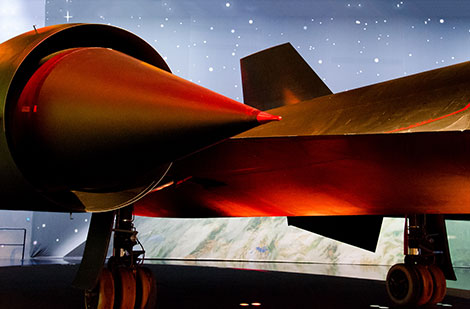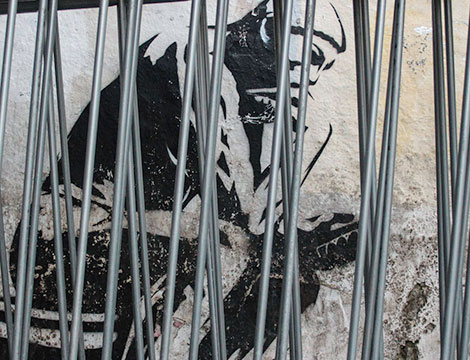
This article was originally published by the Center for a New American Security (CNAS) on 1 December 2016.
President-elect Trump’s book The Art of the Deal applies the principles of negotiation to business, but they are universal to human nature. A century ago, a previous president indicated similar sentiment when Theodore Roosevelt wrote “Speak softly and carry a big stick.” Latent power fuels deals. Upon entering the highest office in the land, President-elect Trump will engage in entirely new types of negotiations. And in this new venue, military power is the new trump card.
U.S. military strength gives the United States leverage in the global arena.
Military power is not organic or constant. It requires investment, innovation, and maintenance. Deploying military power degrades it and requires later revitalization. Adversaries adapt to the most advanced equipment and effective tactics. New threats emerge while old ones wane. Military leverage stems from warfighting advantage, which encompasses two simultaneous requirements: the ability to project military power abroad and to protect the U.S. homeland.




